Clinician Resistance to Engage with Religion and Spirituality in Therapy: Identifying and Understanding Barriers
Principal Investigators
Dr. Paul J. Deal
State University of New York Plattsburgh
Dr. Gina M. Magyar-Russell
Loyola University Maryland
Abstract
Although much has been posited about religious and spiritual (R/S) resistance and “spiritually avoidant care,” research is stalled at theorizing about its manifestations and consequences. General recommendations and solutions have been put forth, however, until the terrain of resistance is better mapped and pathways through it are developed, no amount of robust empirical data on the effects of R/S competency will help the student or professional tangled in their resistance. Without this fundamental understanding are we not putting the proverbial cart before the horse? There may be a path from the R/S competence of the clinician to positive therapy outcomes for clients, but it may well begin with understanding how resistance obstructs the development of R/S competence, and how to move through its layers. Consequently, this project seeks to understand and address barriers to R/S competency at a ground zero level of investigating clinician resistance to R/S. Understanding the process and dynamics of how R/S resistance lives and self-perpetuates can help bring clarity to which R/S competencies are called for at a given moment and whether awareness, knowledge, skills are enough, or, if something else is needed. Understanding and working through resistance embedded at the assumptive level of a clinician’s way of being may be essential to offer clients the healing presence that R/S competency depends on.
The purpose of this grounded theory design is to understand and develop a preliminary theory about clinician resistance to engage with R/S in the therapy process. Graduate clinical students from psychology, counseling, and social work programs that experience resistance to bringing R/S into the therapy process will be extensively interviewed. We expect to learn about lived experience of resistance from the top-down, bottom-up, and inside out; that is, how it is activated and manifests in the mind and body and permeates perceptions of self and other. We also anticipate learning about how educators and supervisors may inadvertently trigger, and intentionally move to disarm resistance to R/S in graduate clinicians-in-training. Practical implications of this study include equipping educators with tools to more effectively understand and support clinicians-in-training experiencing resistance to bringing R/S in therapy so they may better access the R/S competencies effective multicultural therapy depends on.
Project Team
Dr. Paul J. Deal, PI
Dr. Gina Magyar-Russell, Co-PI
Collaborators
Dr. Matt Bukowski


